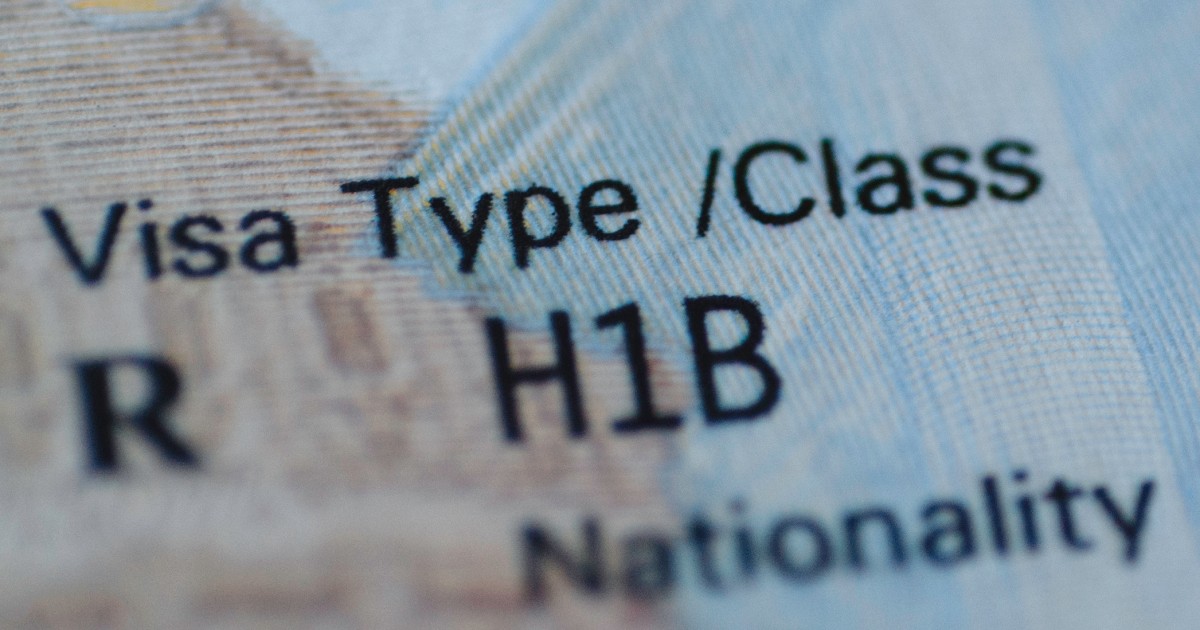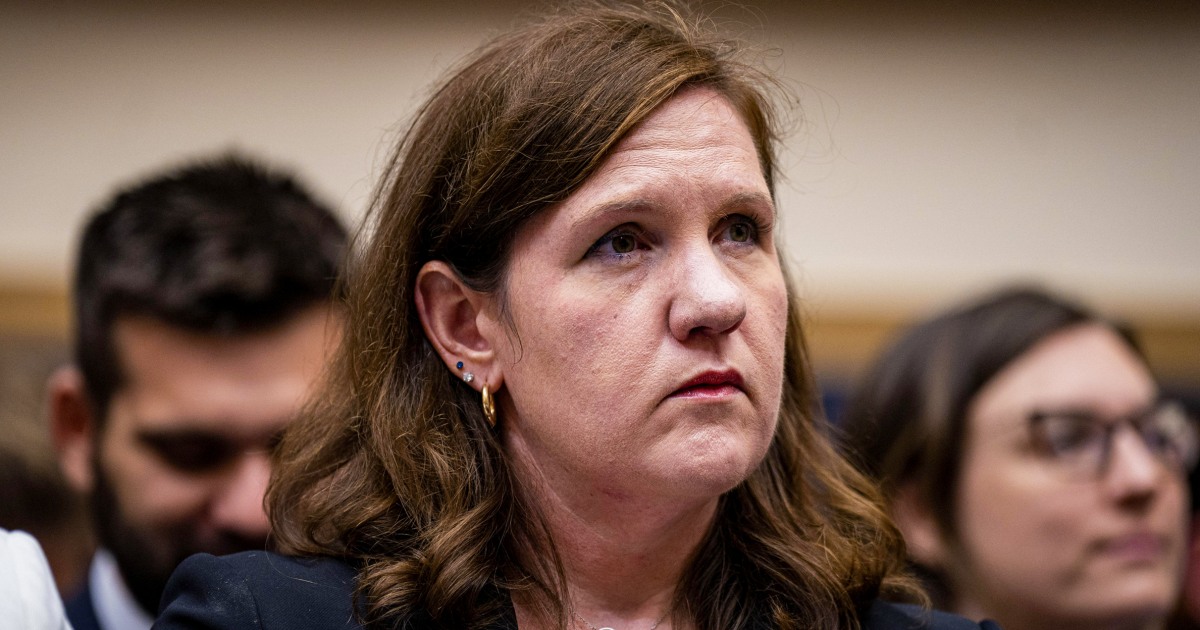H-1B Visa Overhaul Proposed by Trump Administration

Introduction
The Trump administration has proposed a major overhaul of the H-1B visa process, which allows companies to hire highly skilled foreign workers. This comes after President Trump announced plans for companies to pay a new $100,000 fee on H-1B visas, in an effort to prioritize higher-paid workers.
Key Details
The proposed changes to the H-1B visa process would require companies to prioritize applicants with higher salaries, as well as give more weight to educational qualifications and skills. This would potentially limit the number of H-1B visas granted to lower-paid workers, with the goal of creating more opportunities for American workers.
The H-1B visa program has long been a controversial topic, with critics arguing that it takes away job opportunities from American workers and depresses wages. However, supporters of the program argue that it brings in highly skilled workers who contribute to the U.S. economy and innovation.
The proposed $100,000 fee would likely have a significant impact on the tech industry, which heavily relies on H-1B visas to fill highly specialized roles. This could potentially lead to companies reevaluating their hiring practices and seeking alternative solutions for filling these positions.
Impact
The proposed changes to the H-1B visa process would have a major impact on both companies and foreign workers seeking employment in the U.S
About the Organizations Mentioned
Trump_Administration
The "Trump Administration" refers primarily to the U.S. presidential administrations led by Donald J. Trump, encompassing his first term from 2017 to 2021 and his second term beginning in 2025. As the 45th and current U.S. President, Trump’s administrations have focused on a wide array of policy areas, including economic reform, trade, foreign policy, judicial appointments, and technology innovation. During his first term (2017-2021), the Trump Administration enacted significant tax reforms, notably the Tax Cuts and Jobs Act, which was the largest tax reform in U.S. history. It also prioritized renegotiating trade agreements with major partners such as Mexico, Canada, China, Japan, and South Korea to favor American economic interests. The administration emphasized strengthening the military, combating ISIS, addressing the opioid crisis, improving veterans' healthcare, and responding to the COVID-19 pandemic with vaccine development support[4][5]. In technology and business, the Trump Administration advanced American leadership by signing international agreements on secure 5G networks, including the Prague Principles, and collaborating with the UK on artificial intelligence cooperation. It also led efforts to exclude Chinese telecom giant Huawei from allied 5G infrastructure, reflecting concerns over national security and technology sovereignty[5]. Notably, President Trump appointed three Supreme Court justices—Neil Gorsuch, Brett Kavanaugh, and Amy Coney Barrett—marking the largest such appointment by any one-term president since Herbert Hoover. Over 200 federal judges were confirmed during his first term, reshaping the judiciary[4]. The administration was marked by controversy, including two impeachments by the House of Representatives—first in 2019 for abuse of power related to Ukraine and second in 2021 for incitement of insurrection—with acquittals in both Senate trials[4]. Foreign policy highlights include withdrawing from the Trans-Pacific Partnership, imposing travel bans on several Muslim-majority countries, and complex stances in Middle East conflicts,















